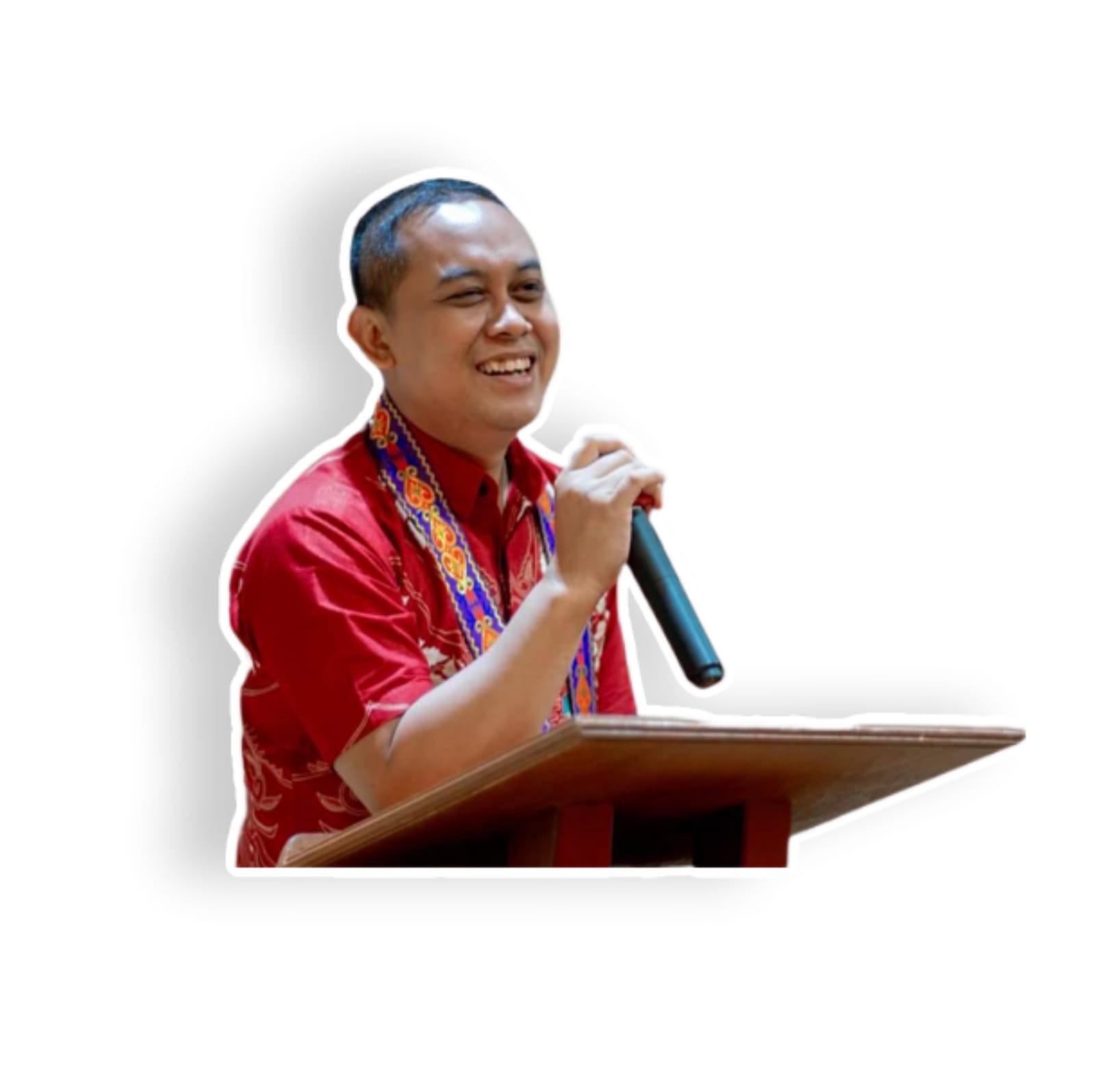



Section Collection Information
Dear colleagues,
Currently, ethnographic practice presents multiple transformations that demand a profound epistemological reflection, both in its operations and in its practical applications. Contemporary ethnography has evolved from being a method used in the study of non-Western societies to focusing on the study of modern culture, which is closely associated with technological aspects that are fundamental to the morphology of phenomena and the processes of ethnographic data collection. Simultaneously, a substantial portion of the knowledge generated from these new ethnographies holds practical value in reproducing the very phenomena they study. For instance, it contributes to the design of technological products based on anthropological understanding of the social meanings that individuals attribute to the use of technology in specific contexts. Both consultancy and techno-anthropological research are increasingly integrated into the fields of engineering, innovation, and technological development, where ethnography plays a relevant role, particularly in user-centered design processes.
Both the objects of study and ethnographic recording methods and field immersion have undergone radical transformations in the last twenty years. On one hand, ethnographic traditions inherited from the work of classical anthropologists like Malinovsky are adapted to study urban cultural practices that show a greater attachment to ritualistic expressions, such as music concerts, sports events, or religious gatherings. On the other hand, we witness the emergence of new trends particularly associated with the virtual world or digital communication. In this regard, it is crucial to reflect on how the ethnographic exercise itself transforms and adapts its tools in response to the technological and cultural changes within the social contexts it studies.
Section Editor
Prof. Isaac De Jesus Palazuelos Rojo

